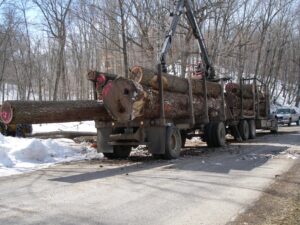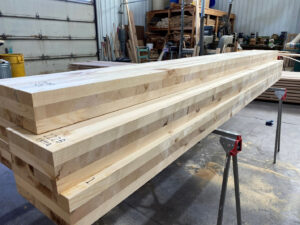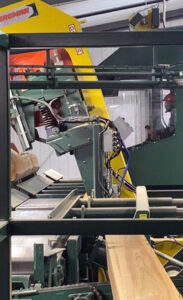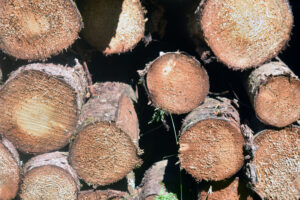
A stack of logs guards an old conifer seed orchard near Lake Tomahawk in the Town of Hazelhurst in 2024. / Photo Credit: Wisconsin DNR
By United States Department of Agriculture Forest Service
The United States Department of Agriculture’s Forest Service today announced up to $95 million in competitive grant funding through its Wood Innovations program for projects that advance innovative wood uses, expand wood-based construction, and grow U.S. wood energy markets and forest product processing capacity.
Continue reading “USDA Forest Service Requests Proposals for Wood Innovations Grants”


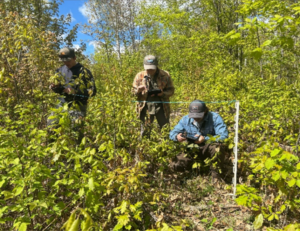

 By Scott Lyon, DNR Forest Products Team Leader
By Scott Lyon, DNR Forest Products Team Leader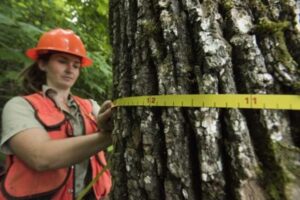
 The United States Department of Agriculture Forest Service Forest Products Laboratory, based in Madison, is now offering a free newsletter to interested subscribers.
The United States Department of Agriculture Forest Service Forest Products Laboratory, based in Madison, is now offering a free newsletter to interested subscribers.